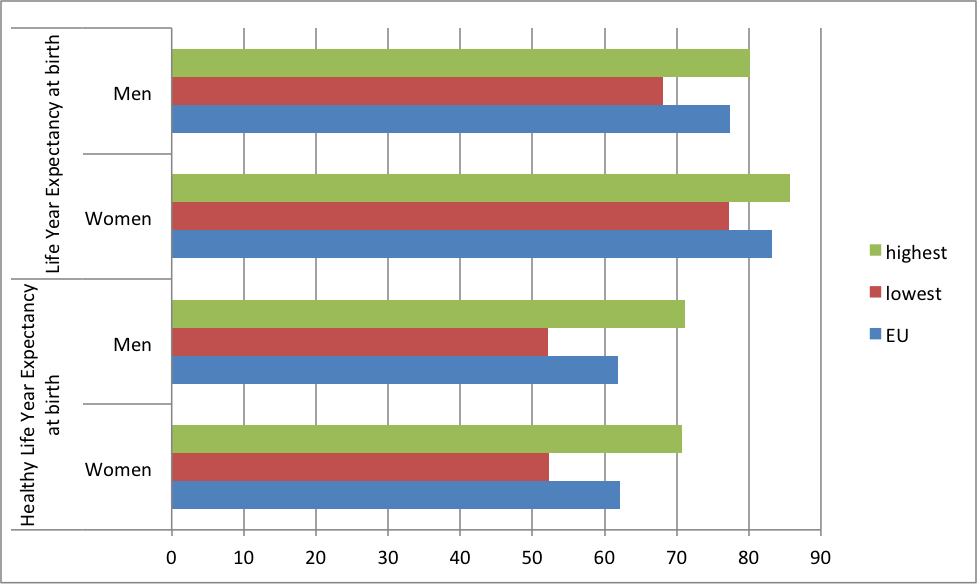Some key positions and figures
The top-six reasons why long-term care and the dignity of older persons in need of care should be a priority for action at all levels
- Access to long-term care is not a cost, a burden or a problem, but a right of older people and an investment for the dignity of all persons as they age
- Facing functional limitations is an inherent life risk that merits a comprehensive response, through the development of universal long-term care systems in all countries
- Long-term care needs should not lead to increased risk of poverty of older persons and their families; reducing public spending on health and long-term and increasing out-of-pocket expenses is not a sustainable solution.
- Preventing long-term care needs with adequate rehabilitation services and making care an attractive career option are far more efficient ways to address the shortage of services than calling exclusively on volunteers or increasing the burden on family responsibility.
- Investing in long-term care means investing in new employment opportunities; this requires developing professional skills and improving working conditions in order to offer quality support services for the benefit of society as a whole.
- Ageing in dignity is or will become a concern for all of us; we all have a vested interest in taking action to enforce the rights of older persons in need of care as well as ensure the quality of life of future generations of older people.
Some key figures
- It is expected that those aged 65 and over will become a much larger share (rising from 18% to 28% of the population), and those aged 80 and over (rising from 5% to 12%) will almost become as numerous as the young population in 2060. […] The projections show large and sustained increases in life expectancy at birth, albeit with a considerable degree of diversity across Member States (European Commission Ageing Report, 2015).
-
In 2009, men and women in the EU27 at age 65 could expect to live more than half of their remaining years with a frailty or disability that could affect their ability to manage instrumental and/or self-care activities of daily living (European Commission Staff Working document on long-term care, 2013)

Source: Eurostat
- More than half of the world’s older persons lack quality long-term care, 30% in Europe (ILO study Long-term care protection for older persons: A review of coverage deficits in 46 countries, 2015)
- Prevalence of elder abuse for older persons with high care needs reaches 25 %; in addition, it is estimated that up to 80% of cases of elder abuse are not reported (WHO European report on preventing elder maltreatment, 2011).
- 13 out of 14 OECD countries show growing concern about waiting times for LTC services and about half collect data on waiting times to access long-term care (OECD publication ‘A good life in old age’, 2014 from a 2012 survey)
- Over 90% of people providing informal care on a regular basis have a family relationship to the people they care for. Informal carers are typically spouses, middle-aged daughters or daughters-in-law. [..;] Estimates suggest that the economic value of unpaid family care as a percentage of the overall cost of long-term care in EU Member States ranges from 50 % to 90% (EC-SPC report on adequate social protection for long-term care needs)



